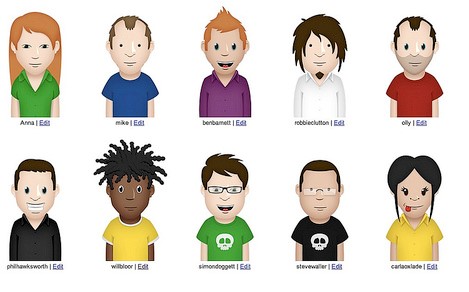
Online dating can be a tricky business … but what if the online persona you fall for isn’t a person, but a meme or character? As described in an article in The Guardian, there is a new trend in Japan called “virtual love,” wherein people who are not interested in an everyday relationship fall for an online entity. With help from Chuo University sociologist Masahiro Yamada, the article explains how this phenomenon can occur and what drives it, namely the culmination of “stranded singles” who have cultural or economic reasons to favor this form of virtual dating. The article describes this subculture below:
“The development of the multimillion-pound virtual romance industry in Japan reflects the existence of a growing number of people who don’t have a real-life partner, said Yamada. There is even a slang term, ‘moe,’ for those who fall in love with fictional computer characters, while dating sims allow users to adjust the mood and character of online partners and are aimed at women as much as men.”
Yamada says that young people are much more likely to wait for traditional marriage in Japan, but also that marriage and even the formation of couples has weakened in modern Japan. For some, these online relationships with a “moe” offer a new way to find companionship and support.
“Yamada said there was now an expectation gap, with many young people giving up hope in the real world and turning to their computer world, where they could control their ‘lives’.”
This trend is studied here within the Japanese context wherein birth rates are falling and less couples are forming, but University of Leeds sociologist Adrian Favell reminds us that this phenomenon should not be interpreted as a problematic or dysfunctional development limited to Japan. As Favell posits,
“Is it unique to Japan for young people to obsess over pop, film stars, and the rest? Or to ‘fall in love’ on the internet? I don’t think so.”

Comments 2
mcdvoice — January 4, 2022
Thanks for sharing, I am very impressed with your post.
TalkToApplebees — April 4, 2022
Thank you for visiting here.